Regarding the high school graduation exam, the draft law amending and supplementing a number of articles of the Law on Education still stipulates that there will be an exam, but the high school principal will issue the graduation certificate (instead of the director of the Department of Education and Training issuing the certificate as in the current law).
Although there are opinions suggesting not to organize exams but to consider high school graduation, and that the recruitment of intermediate, college, and university students should be handed over to higher education and vocational education institutions, the Committee for Culture and Social Affairs (Committee) agrees that it is necessary to continue to regulate the organization of high school graduation exams.

Candidates for the 2025 high school graduation exam in Ho Chi Minh City
Photo: Nhat Thinh
According to the Committee, it is necessary to design regulations in the law in the direction of: assigning the authority to set exam questions for the high school graduation exam to the Minister of Education and Training; assigning localities to organize the exam to ensure seriousness and quality because this is a national exam to analyze score distribution, evaluate student quality and the quality of educational institutions.
By removing the regulation on granting junior high school diplomas, the Committee agreed to only stipulate the confirmation of transcripts for completing junior high school. At the same time, it agreed to perfect the national education system in the direction of increasing the connection between high school education and vocational training. On that basis, the Committee agreed to add vocational secondary school diplomas to the diploma system and agreed to the regulation that vocational secondary education is the equivalent level of high school. However, it is necessary to clarify the value of vocational secondary school diplomas and high school diplomas to ensure that they are equivalent levels.
Regarding the draft revised law on higher education, regarding regulations on university admission, the examining agency believes that the Ministry of Education and Training should consider accepting the opinions of National Assembly deputies on strengthening the role of state management agencies in ensuring the quality of admission. It is necessary to consider and delegate the authority to the Minister of Education and Training to regulate the threshold for ensuring input quality not only for teacher training majors, health and law fields, but for all majors, professions and fields of university training, to ensure the quality of high-level human resources.
Regarding tuition fees, the Committee agrees with the provisions in the draft law on higher education that training institutions determine tuition fees based on the principle of covering costs, having reasonable accumulation, and ensuring quality. However, it is necessary to study and clearly distinguish between public higher education institutions, private higher education institutions, and other educational institutions with higher education activities in determining and deciding on tuition fees. In particular, public higher education institutions are autonomous in deciding on tuition fees, ensuring that they do not exceed the ceiling prescribed by the Government ; private higher education institutions are autonomous in deciding on tuition fees.
No proposed model of press group or corporation
On the same afternoon, the Committee for Culture and Social Affairs reviewed the draft Law on Press (amended). Chairman of the Committee for Culture and Social Affairs Nguyen Dac Vinh said that the draft law added provisions on "main multimedia media agencies" and "local newspapers, radio and television agencies". Mr. Vinh also said that there were opinions proposing the form of a main multimedia press group with the model of a press agency being a public service unit, which can establish an enterprise; at the same time, there was a time when there was discussion about press consortiums. However, the draft law currently stipulates in the direction of a main multimedia media agency. In addition, during the discussion, some opinions suggested considering some local newspapers such as Hanoi Moi, Saigon Giai Phong or the collection of newspapers of two large cities, Hanoi and Ho Chi Minh City, to see if it is possible to build a main multimedia media agency there.
Explaining this, Permanent Deputy Minister of Culture, Sports and Tourism Le Hai Binh said that the drafting agency had planned content about press groups and consortiums in the draft; at the same time, this type was also mentioned in the statements of senior leaders. However, in the process of reviewing the draft law, it was found that it should first be implemented according to Decision 362 of the Prime Minister on approving the national press development and management plan until 2025, which clearly stated "key multimedia media agency". "In the implementation process, we continue to draw conclusions, when it is ripe, we will submit it to the competent authority to be able to form a press group", Mr. Binh clearly stated.
Le Hiep
Source: https://thanhnien.vn/van-can-thiet-to-chuc-ky-thi-tot-nghiep-thpt-cap-quoc-gia-185251011232829309.htm










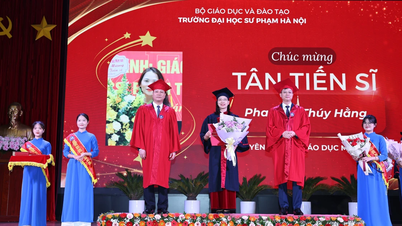

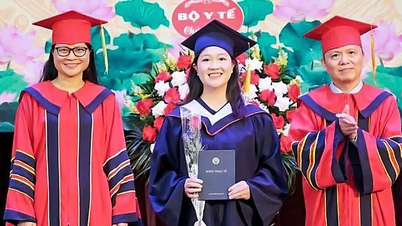

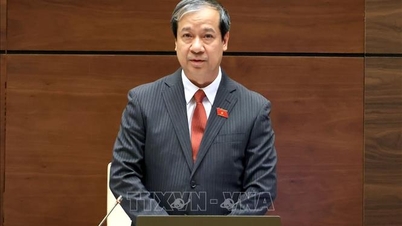

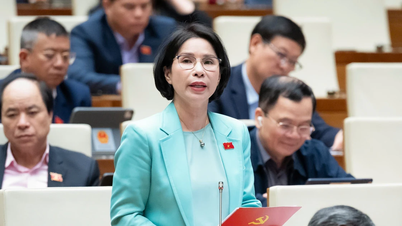

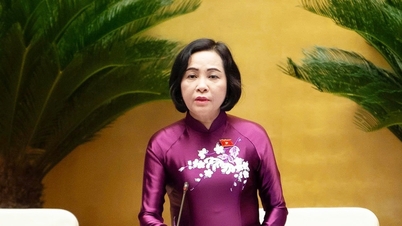





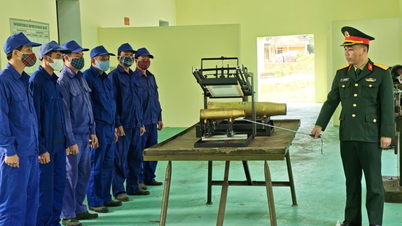

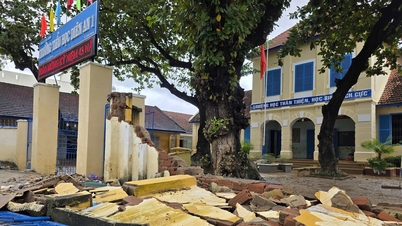






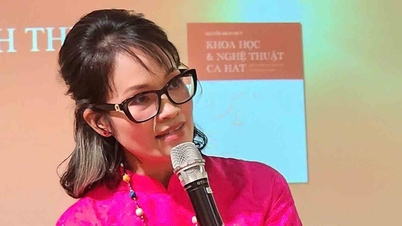
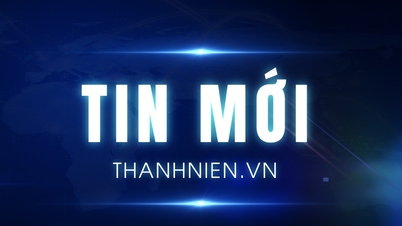
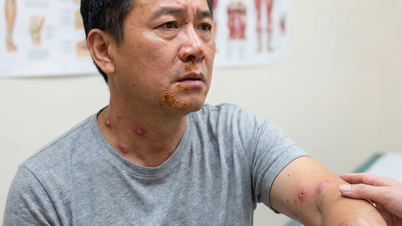



































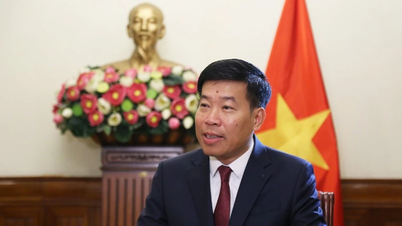















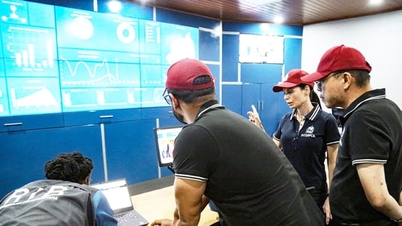

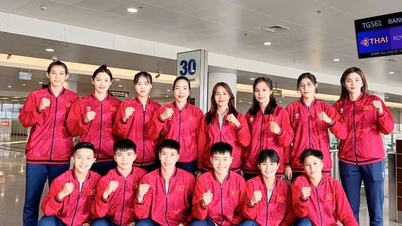
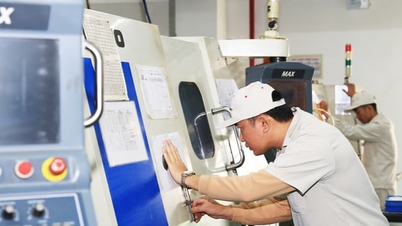
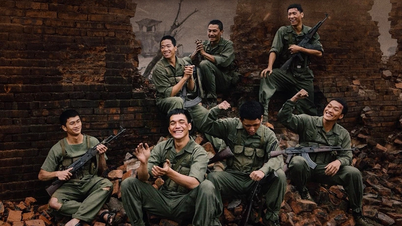

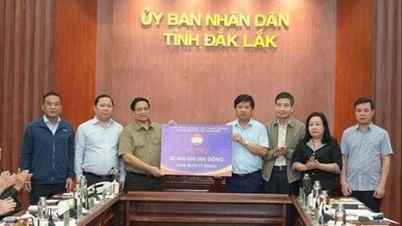









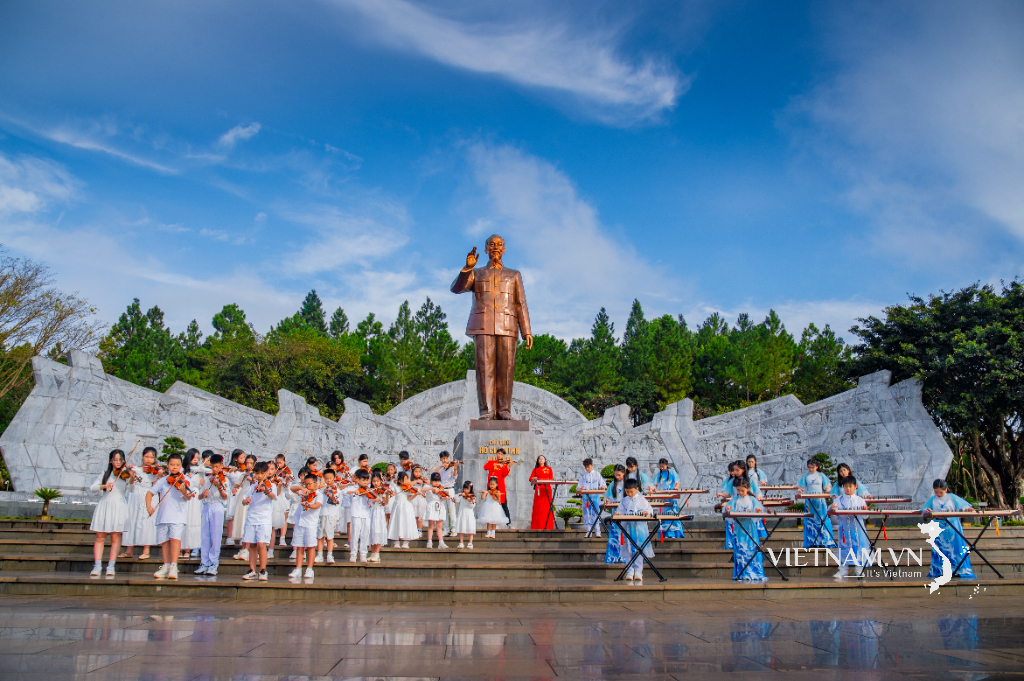
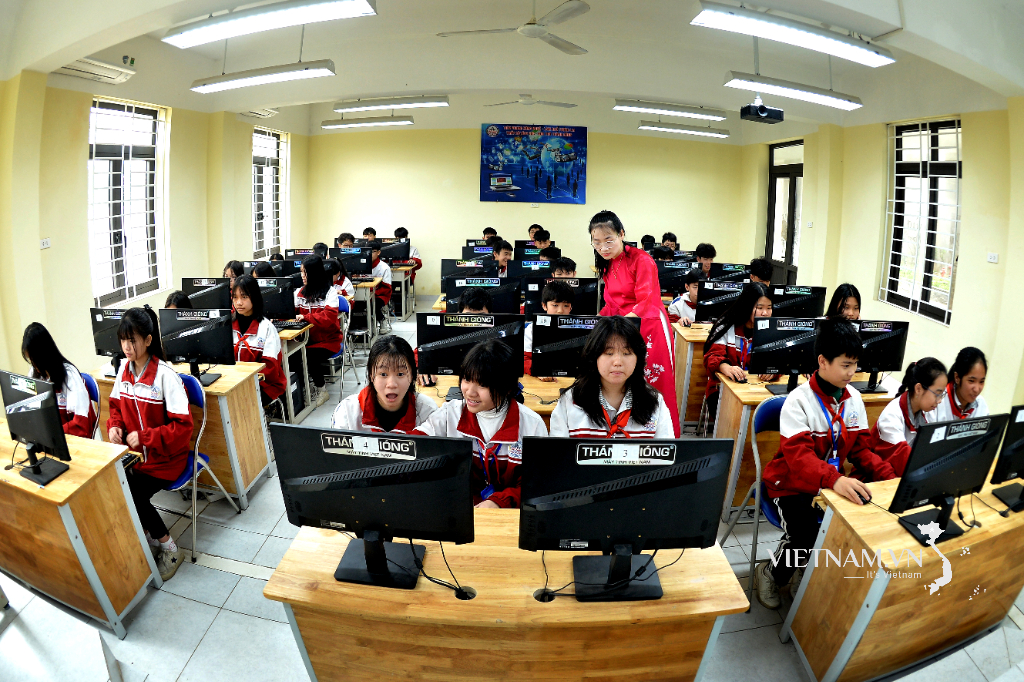

Comment (0)